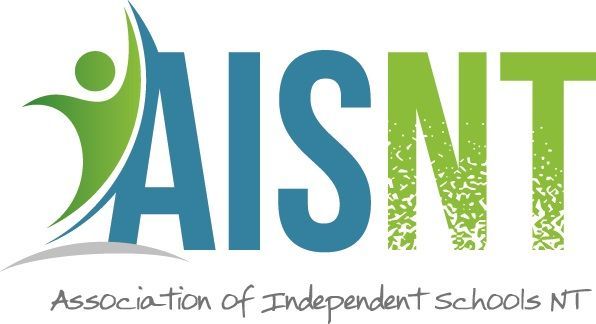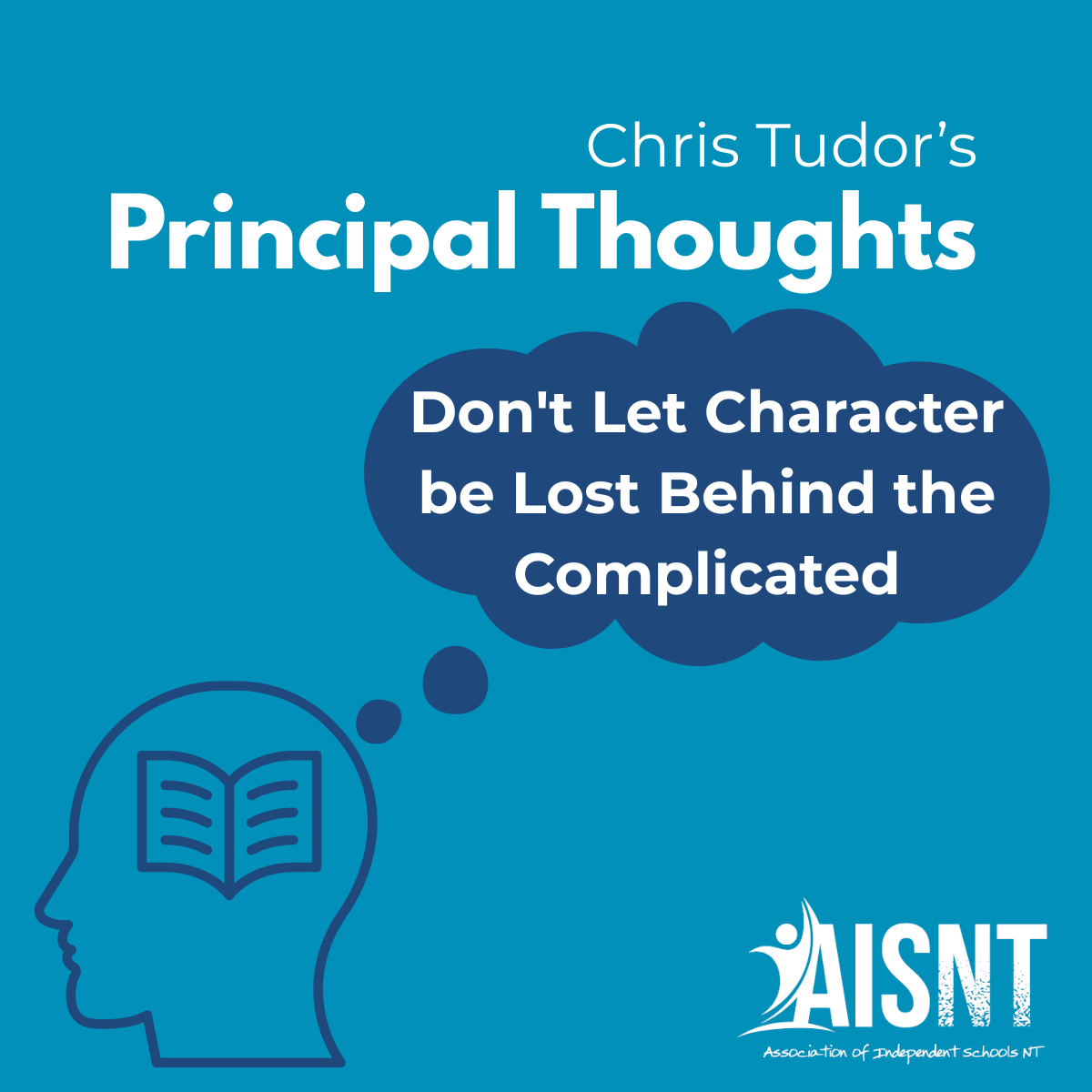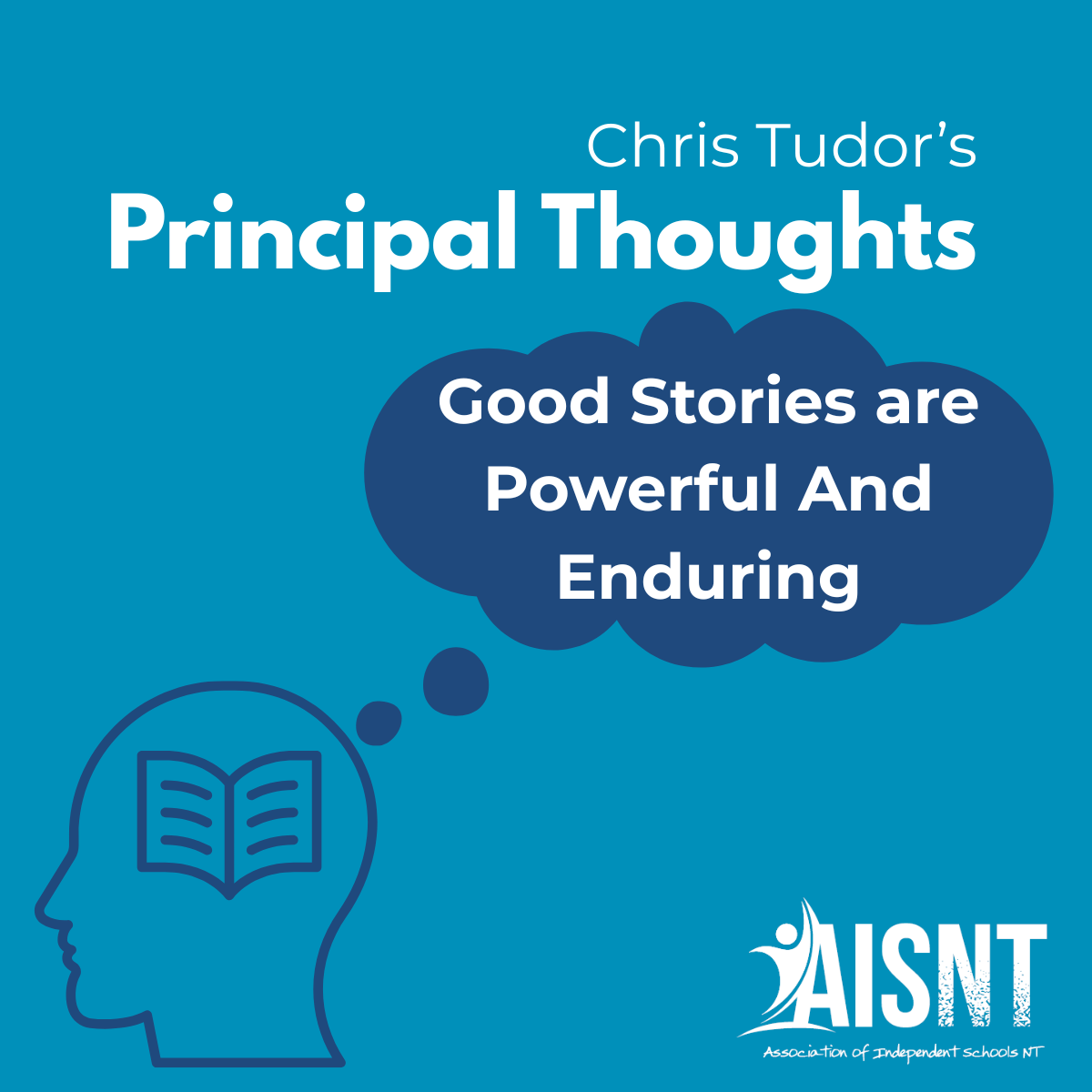You Do Matter !
As time went on in my 30 years as a principal I realised that if I worked 24 hours a day, 7 days a week I still would not be able to get all my work done to my level of satisfaction. As the leader of a school, a principal must have an eye on the work habits of staff and obviously be concerned if they don’t work hard enough but equally if the work too hard and head on the road to burnout.
Schools are about people and teachers are at the centre of the people game. They will cope with this best if they are able to have a balanced life style which includes good sleep, healthy diet, recreation and family time. An overworked teacher compromising on the above will find it difficult, in the end, to give their best to the children in their care. A caring word of advice from the principal can mean a great deal to staff and in a way give them permission to care for themselves. I found I had to be careful of someone clearly overloaded, often through their own willing spirit, and if I accepted this pressured situation, I more often found that the “wheels” fell off down the track.
And so it is with a principal.Hopefully the principal has a board chair who keeps an eye on them and pulls them up if they are living an exhausting life style. In my experience it is harder to deal with situations, be creative, get work completed, avoid procrastination, make decisions, deal positively with people and be a good role model when your world is out of balance.
.The only way to maintain a sensible work load is to plan, prioritise and delegate. None of these skills are easy but are often referred to as if they are. I always found prioritising very difficult given the feeling that everything on the table must be done. I guess questions I should have asked of myself should have been: what is causing me the greatest stress and should be dealt with now? What has be done by me? What could be done by someone else? What will have the greatest effect on the school? What could be reasonably left until later, or what doesn’t warrant attention?
Delegation is often difficult and with it comes the fear of losing control. In writing this I’m really aware of the challenge of small schools which have a small staff and the necessary delegation can’t take place because there are not enough people. In the early days of St Philips as a school I spent twelve months without a deputy and vowed I would never do that again. And yet I know there are small schools that don’t have a deputy. So often in a small school the tasks that need to be done may be smaller but there are just as
many of them.
But delegation without feeling guilty is essential even when you feel someone will not do the job as well. However, having the delegate report back is important and so is encouraging them in the task. Giving them the opportunity to tackle some of these tasks will help them develop as people which in the end will benefit the school.
Even though a principal may feel frantic, allowing time to plan is essential as it will make the day targeted and efficient. If this is not done it is too easy to be swept along with the smaller of the daily issues. At the end of the day this may produce a feeling of success resulting from the large number of tasks completed but if these don’t include some of the important tasks that only the principal can do, then the day’s productivity, though exhausting, will be limited in effectiveness. A famous general noted that he really enjoyed
polishing his boots and belt, however he was glad he had a batman to do this for him as it gave him more time to spend planning the battle which, if done well, would be more successful and result in less casualties.
Though working in a busy, high pressured job, principals still have a right to maintain a work life balance and in fact are likely to find that they will achieve more in their job if they do. Principals have a right to have a happy family, to spend time with their children, to exercise regularly, to eat healthily, to have interests and belong to the community. They will then be balanced people and this will be reflected positively in their leadership.
Chris Tudor
AISNT Historian & Principal Liaison



